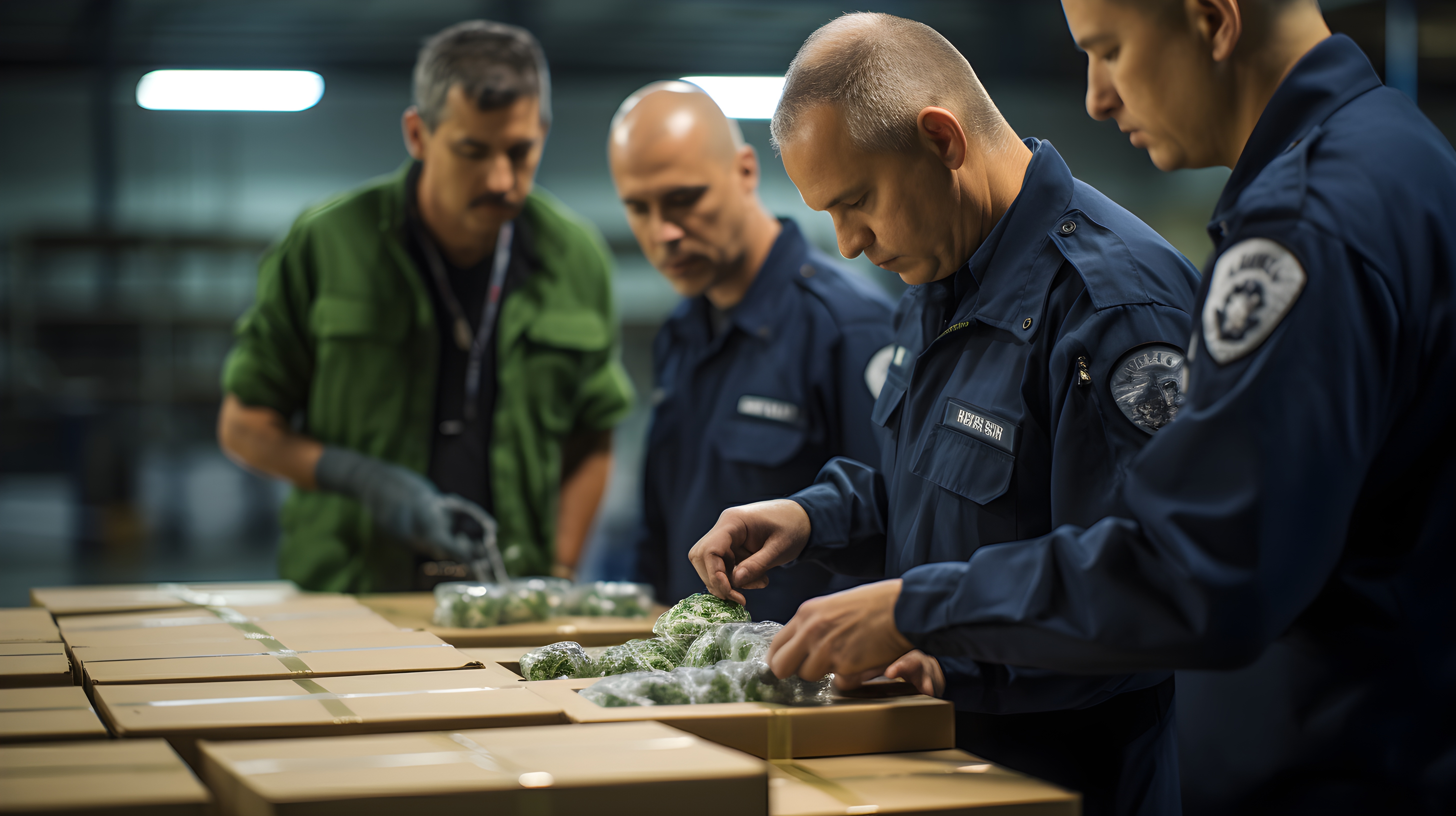
- Blog

When it comes to importing goods into the United States, U.S. Customs and Border Protection (CBP) doesn’t work alone. It partners with a network of federal agencies known as Partner Government Agencies (PGAs) to ensure every shipment complies with strict national safety, health and trade standards.
Think of CBP and PGAs as the border’s bouncers working together to make sure only the right goods make it through.
Sounds dry? Not so fast.
As an importer, you know how frustrating and costly delays and compliance issues can be. Maybe you've had shipments held up because of a minor paperwork error or faced fines for unknowingly breaking a rule.
If that sounds all too familiar, keep reading. This guide breaks down the role of Partner Government Agencies, why they matter to your business and how to stay compliant.
PGAs are the backbone of U.S. import enforcement. These federal agencies regulate everything from food safety to vehicle emissions; Often operating behind the scenes but with significant power.
Working alongside CBP, PGAs enforce laws and regulations designed to protect consumers, uphold trade agreements and maintain fair market conditions.
Think of them as regulatory watchdogs; Not only do they set the rules, but they also inspect, investigate and, when necessary, take legal action.
On any given day, inspectors from these agencies may visit warehouses or ports, reviewing facilities to ensure compliance with environmental, safety and public health standards. If a company falls short, consequences can range from fines to full operational shutdowns.
When CBP teams up with Partner Government Agencies, they expertly balance the flow of imports with enforcing regulations.
While CBP serves as the primary gatekeeper at U.S. borders, PGAs bring subject-matter expertise—from food safety to intellectual property enforcement.
Together, they form a tag-team that balances smooth trade flows with robust compliance. One example of this synergy is the Customs-Trade Partnership Against Terrorism (CTPAT) AQUA Lane pilot, which rewards trusted sea-borne importers with reduced delays and cost savings.
Their collaboration helps speed up trade, but the most essential aspect of their work is safety.
CBP and the Partner Government Agencies police against everything from unsafe products and unfair trade practices to intellectual property theft.
They're on the front lines, using programs like the Customs-Trade Partnership Against Terrorism (CTPAT) AQUA Lane pilot program to reduce market delays for sea-borne imports and offer tangible time and cost savings to compliant traders like you.
Several Partner Government Agencies play critical roles in making sure that everything – from the food we eat to the cars we drive – meets strict safety and quality standards.
Every product category has a corresponding regulator. Here’s a breakdown of some of the most active PGAs and their core functions:
Following U.S. import rules can feel like an impossible task, but getting it right keeps your business running smoothly while avoiding unnecessary headaches.
Here's how you can make the import process as painless as possible:
Proper Classification: Categorize your imports correctly under the Harmonized Tariff Schedule (HTS). Think of it as labeling your goods in a language U.S. Customs understands; getting this right means paying the correct taxes and avoiding delays.
Documentation Accuracy: Dot your I's and cross your t's on all import paperwork – bills of lading, invoices, customs declarations, you name it. Mistakes here can lead to delays, fines or even your goods being held at the border.
Compliance with Regulatory Requirements: Stay sharp and keep up with the latest rules set by each Partner Government Agency. Rules change. Staying informed means keeping compliant and out of trouble.
Risk Assessment and Mitigation: Regularly check for any risks that might disrupt your compliance. Identifying these early lets you strategize to fix them before they become real problems, like scrutinizing suppliers more closely or testing products more rigorously.
Engagement with Trade Partners: Don't go it alone – work with customs brokers, freight forwarders and regulatory consultants who can help you navigate the complexities of import regulations.
Understanding how Partner Government Agencies operate is key to mastering U.S. imports. Staying compliant protects your business from fines, delays and reputational damage.
At Infios, we help make compliance easier with powerful tools built into our Transportation Management System (TMS):
Ready to make your import process smoother and more efficient?
